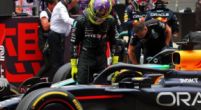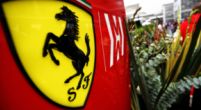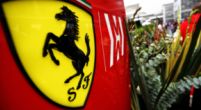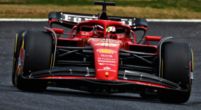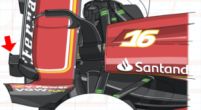F1 News
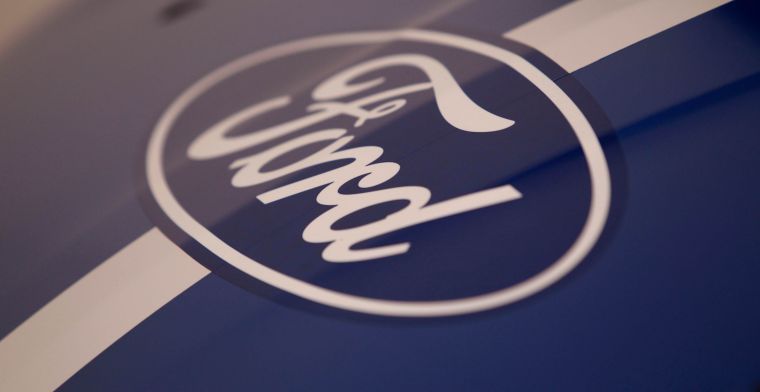
Ford continues long history in F1 with Red Bull Racing collaboration
The rumours have been confirmed: Red Bull Racing and Ford will enter into a partnership from the 2026 Formula 1 season. It will not be the American brand's first foray into F1, in which they have a long history. After an absence of more than 20 years, Ford will make their re-entry into the sport.
Ford have long history in F1
Ford's story in Formula 1 gathered momentum in 1963. In partnership with British Cosworth, the first F1 engine was supplied to Lotus, with Cosworth producing the engine with financial support from Ford. Major success would follow a few years later with the introduction of the Double Four Valve (DFV) engine.
Cosworth DFV
The Ford-funded Cosworth DFV became a resounding success and would have a major impact on the sport. The engine, which was part of the Lotus 49, made its debut at Dutch Grand Prix in 1967 with Jim Clark at the wheel. This combination was immediately good for victory and, despite having to miss the first two races, the team finished second in the championship and won four of the eight remaining races.
After the successful 1967 F1 season, Ford decided to end its exclusive partnership with Lotus, making the engine available to other teams. Because the DFV was not only strong and reliable but also affordable, the engine became the default choice of many of the F1 teams. Among others, McLaren, Brabham, Surtees and Williams raced with it. In total, the engine accounted for 176 wins and ten constructors' titles between 1967 and 1985.
Failed F1 project with Haas Lola
However, everything comes to an end and so did the success of the DFV. Ford's next F1 project in partnership with Haas Lola (not related to the current Haas) was less successful. Ford developed a turbocharged V6 engine in 1984, but production was extremely slow and the engine was not ready until 1986. Once commissioned, the engine performed disappointingly. Meanwhile, the team had great difficulty in finding funding for the next F1 season, which eventually resulted in its sale.
Ford and Benetton
That disappointment did not stop Ford from supplying engines to Benetton in 1987. Equipped with a Ford engine, the team began to score more and more points and grew into a major success, to which Michael Schumacher was a major contributor from 1991 onwards. Jos Verstappen became his teammate in 1994, the same year Schumacher won his first world title.
Stewart and Jaguar
In 1995, Benetton switched to Renault engines and a year later Ford partnered with Stewart Grand Prix, owned by three-time world champion Jackie Stewart. After several seasons with reliability problems, 1999 saw the most successful season for the team, which managed to finish fourth in the championship.
After this, Ford bought Stewart's team and renamed it Jaguar Racing to promote the American car brand's then subsidiary. However, Jaguar never managed to make its mark in the sport and could not compete with the top teams, which led Ford to withdraw from F1 in 2004. The team was sold to the brand to which Ford now has its name attached: Red Bull.




